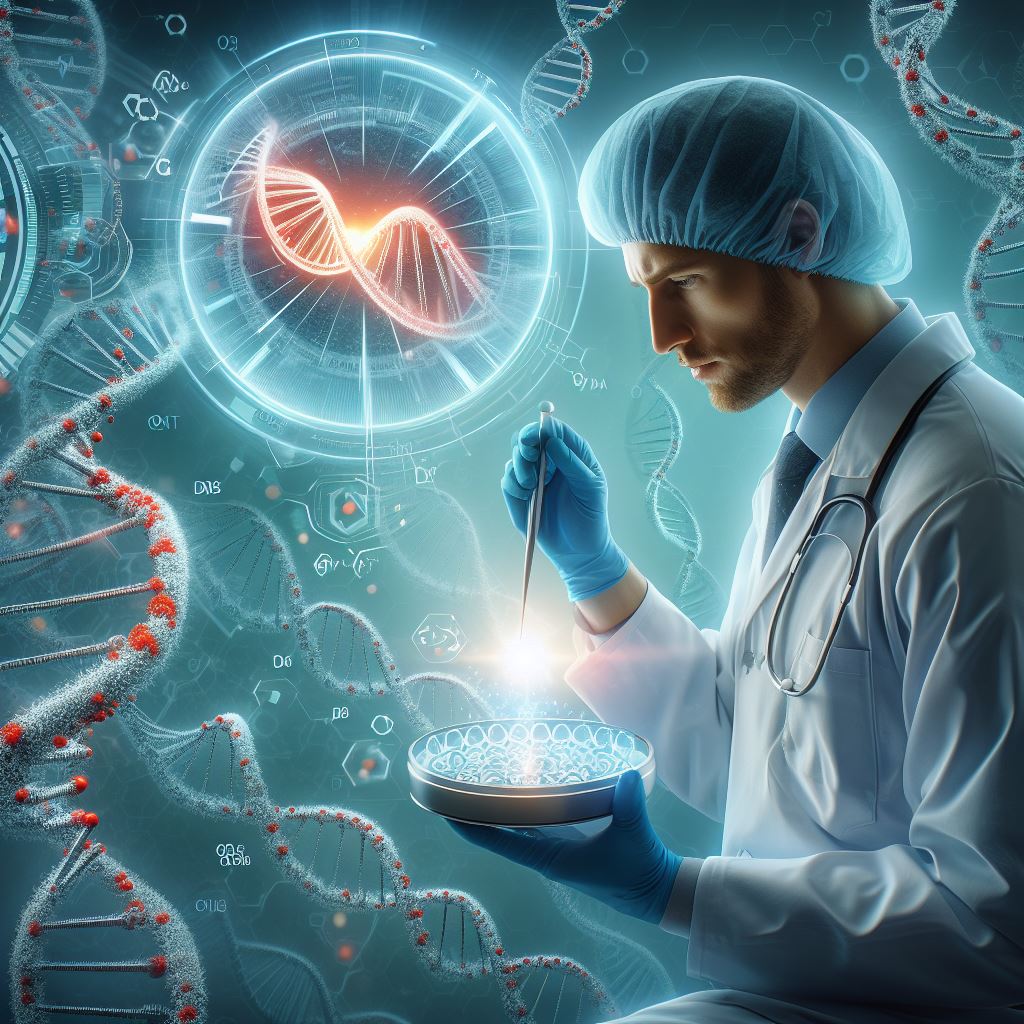Next Generation Sequencing (NGS)



A healthy person has a total of 46 chromosomes. Embryonic development, which is the earliest stage of human development, can be followed for five or six days in IVF treatment. It is possible to encounter structural and numerical chromosome disorders in embryos that develop either normally or in vitro fertilization method. Such problems can often cause life-related or non life-related disorders and early miscarriage in the baby.
Today, it is possible to detect structural or numerical abnormalities in embryos with preimplantation genetic screening (PGT) methods.
Next Generation Sequencing (NGS) method is used in our center. Next Generation Sequencing accuracy rate is considered to be 95-98%. In order to perform a biopsy from the embryo, the embryo must be in the blastocyst stage and of a certain quality. Evaluating the development of the embryo with a microscope does not give the result that the embryo is chromosomally normal or abnormal. This information can only be obtained by genetic screening
Especially for expectant mothers over the age of 37
Recurrent pregnancy loss of unknown cause
In cases where pregnancy cannot be achieved despite two or more IVF treatments
In very heavy (obese) male factor (low number and morphological values in sperm)
In men and women with gonadal mosaicism
In couples with translocation and inversion structural chromosomal problems
Being able to detect the imbalances (translocations, inversions and deletions) in all chromosomes concurrently.
The procedure takes a short time and does not cause any harm to the embryo. Biopsied embryos are frozen one by one by vitrification method.